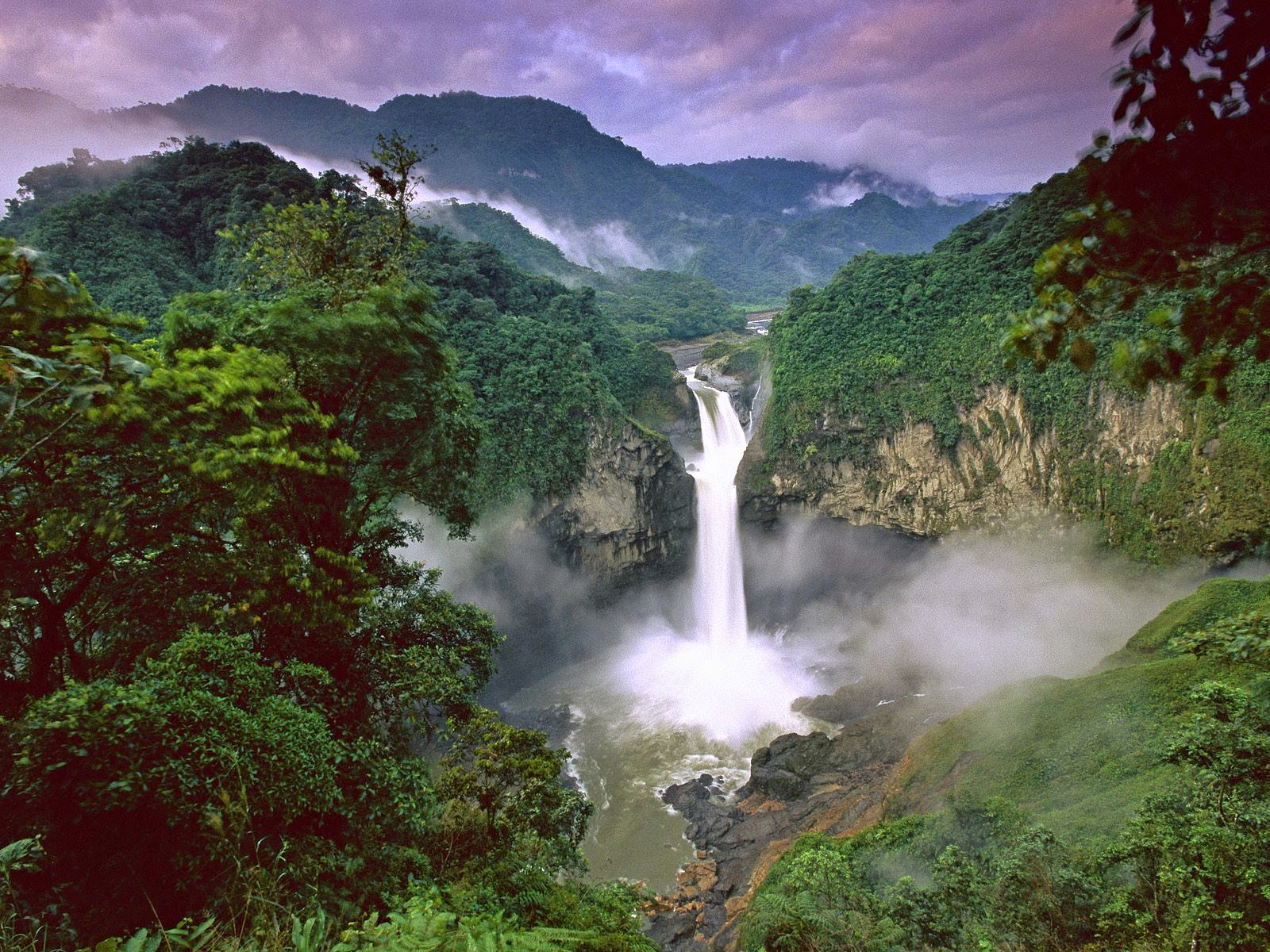I almost had another life (one of several) when together with Charles Elliott, then Dean of Trinity Hall, Cambridge, we pitched a programme scenario to the BBC that revolved around a series on what we (Western civilisation) might learn from indigenous peoples. It was, at the very last moment, spiked by Alan Yentob, then Controller of BBC 2, because he had not liked Charles' previous series on the 'global Church'. Life might have been very different.
However, the interest remained - the fascination for courteous anthropological literature that rests in careful listening to the lives of others and asks what we might see and learn from the currents of different lives (and why, simply, such diversity ought to be welcomed and celebrated).
One such author is the ethnobotanist and explorer, Wade Davis, who I first encountered unravelling the mysteries of the 'zombie' in Haiti and showing how a botanic (and chemical) mystery was woven within the fabric of social expectation (and conditioning) to yield a real notion of how a person might be persuaded that they had died and now lived, a suspended and animated life, under a new dispensation.
Davis' teacher was Richard Schultes, legendary botanist, not least because as an expert on hallucinogenics helped (unintentionally) the era of tuning in and dropping out promoted by his Harvard colleague, Timothy Leary.
'One River: Explorations and Discoveries in the Amazon Rainforest' is both Davis' biographical account of Schultes' career and accomplishment and an account of his own travels (often with Timothy Plowman, one of Schultes' most brilliant students). Schultes was mainly in the Amazon in the 30s through the 50s, Plowman and Davis' travels are in the 70s and 80s.
It is a wonderful and chastening book. Wonderful because you are ushered in to an extraordinary world - natural and human. Chastening because you are reminded of the depths to which we, humans, can descend. Offered an opportunity to tour the famous opera house at Manaus, built at the height of the late nineteenth century rubber boom in Brazil, Schultes declines saying it has been built from the blood of Indians; and, it simply was, murderously out of the momentum of raw greed. Nor do we intelligently distinguish between 'coca' and 'cocaine' - the former is a radically important dietary supplement for Andean people (and much else besides) and 'cocaine' a refined product, ripped out of any context, with complex social consequence but 'policy makers', ignorant of people's lives, grind on an eradication process regardless, with all kinds of saddening consequence.
But the deepest fascination of the book is a running, asked but as yet unanswered question, how did its native inhabitants learn so comprehensively, tailored to need, the secrets of its plant life for medicinal, hunting, sacred purposes? The usual answer is 'trail and error'.
The only problem with this is that it is wholly unconvincing. First because there is no evidence for it - the indigenous people only take to it in response to the usually calamitous interaction with colonising people (bringing unknown diseases) and with limited success. Second because the Amazon is the most biodiverse region in the world, with an extraordinary proliferation of plants where many of the indigenous treatments, poisons, intoxicants require not only extensive, complex preparation but unlikely combinations of material (and where one false step may have fatal consequences, so why proceed)?
The indigenous people explain how they arrived at their knowledge through a combination of myth, dream and 'listening to what a plant tells them' (a kind of listening that clearly is not what a traditional ethnobotanist might mean, though I expect Goethe might have understood). It is to Davis credit that he does leave this question open, dangling tantalisingly.
Meanwhile, through the eyes of these remarkable, and highly sympathetic, individuals, you are lead into a world that, to this day, remains full of undiscovered wonders and to allow it to play into your sympathy and love, and never with a hint of a misplaced romanticism. It is one that is increasingly necessary as our ways of life continue to threaten its very ongoing existence. Beauty may not save us directly (to distort Dostoyevsky) but a deeper acquaintance with, and love for, the beauty of the world may help save it (and with it, its most unruly, self-willed offspring, namely us).
Who knows, one day too, we may rediscover the wisdom of listening to the plants?

Comments
Post a Comment